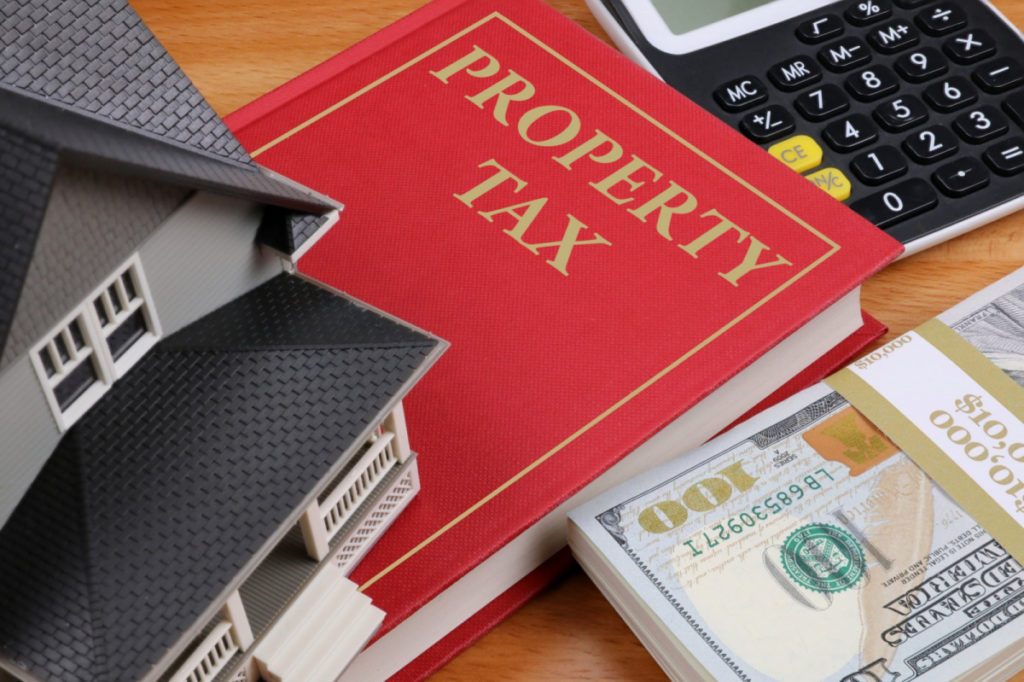Council Weighs Property Tax Issues As Average Tax Increase Of $414 Looms

Photo: Nick Youngson/pix4free. Creative Commons.
A public hearing about property tax classifications took place on October 4 prior to the regular council meeting. It was conducted over Zoom and was recorded.
Present
Councilors: Lynn Griesemer (President, District 2), Alisa Brewer (at-large), Mandi Jo Hanneke (at large) , Andy Steinberg (at large), Cathy Schoen (District 1), Pat DeAngelis (District 2), Dorothy Pam (District 3), George Ryan (District 3), Evan Ross (District 4), Steve Schreiber (District 4), Shalini Bahl-Milne (District 5), Darcy DuMont (District 5). Absent: Sarah Swartz (District 1)
Staff: Paul Bockelman (Town Manager), Athena O’Keeffe (Clerk of the Council)
Tax Rate For 2022
Following the resignation of Principal Assessor Elizabeth Duffy and prior to the start date for the new assessor, Kim Mew, former assessor David Burgess served as interim principal assessor. He presented the tax rate for 2022. He was assisted by Finance Director Sean Mangano and Steven KaCey from the assessor’s office. The Board of Assessors, including Richard Morse (Chair), Lee Hines, and Ken Hargreaves were also in attendance. The presentation can be viewed here. This meeting constituted the annual public hearing on the tax classification required by Amherst’s Home Rule Charter.
Burgess reviewed the four classes of property for tax purposes:
- Residential, which includes apartment buildings and accessory structures such as garages. 89% of Amherst property falls into this class.
- Commercial, which includes businesses, forestland, farmland, and recreation.
- Industrial, which includes property used for manufacturing, extraction, or storage.
- Personal property owned by individuals or corporations. Most of this property is owned by public utilities.
Because almost all of Amherst property is residential, the assessors and town manager do not recommend a split or differential tax rate where residential property owners pay less than the other three classes. Differential tax rates are typically used by communities with at least 30% commercial property by total assessed value. 110 communities in Massachusetts have a split rate, but most have a much larger tax base than Amherst. Applying this method in Amherst would result in the average household paying about $500 less, and businesses paying $5600 more.
There was considerable discussion about whether or not Amherst should adopt a residential exemption, which can exempt up to 35% of the value of an owner occupied property in order to shift property tax from lower valued properties to higher ones. Fifteen Massachusetts communities have adopted this method. Most are around Boston or on the Cape or islands. In Amherst 31% of properties are non-owner occupied, so would not be eligible for the exemption, but these properties contain 60% of rental units. Applying a 15% residential exemption in Amherst would mean that the tax rate would increase from $21.27 to $23.95 per $1000 value to produce the same tax revenue. Properties valued at less than $540,800 would pay less tax, and those valued at over that amount would pay more. Some apartment complexes would pay up to $10,000 more in taxes.
If the council votes to adopt the residential exemption, the assessor’s office would need extra staff to determine whether a property is owner-occupied every year. The assessor’s office and Board of Assessors do not recommend this method without public education and a dialogue about the implications. The council will vote on the possible adoption of new tax classifications at the October 18 meeting with the board of assessors recommending that no changes be adopted for next year.
Council Discussion
Andy Steinberg (at large) wondered if the increased tax rate with the residential exemption would bring the town closer to the $25 per $1000 state tax cap, but Burgess said the ceiling would not apply if the exemption were adopted. Steinberg also wondered if there was evidence of an increase in rental prices in communities that adopted the residential exemption. Board of Assessors member Ken Hargreaves said those data would be hard to gather, but most likely rents would depend on the adequacy of the apartment supply, not on a change in the taxes on the property.
Councilor Alisa Brewer said there is a seemingly unlimited supply of undergraduates who can afford rent increases and asked if there was any way to make apartments rented to undergraduates pay more, since the owners of those buildings treat them as businesses. Burgess said Massachusetts law does not permit taxing apartment buildings as businesses. He did say that those residences that do not respond to questions about owner occupancy would be treated as non-owner occupied if the residential exemption were adopted.
Councilor Dorothy Pam and Darcy DuMont wanted to know about any tax compensation for lower income or elderly residents. Such adjustments in property tax would not be accomplished by the residential exemption, but the Board of Assessors does have the ability to take these factors into account when determining the tax.
Board of Assessors Chair Richard Morse noted that the towns on the Cape that have adopted the exemption have a fairly homogeneous rental class, unlike Amherst. He worried about hurting some of the families who rent by raising taxes on their landlords.
Councilors Cathy Schoen, Alisa Brewer, and Dorothy Pam said the council should not be deciding on this complex matter now. They felt there needed to be broad public education and dialogue over the next year, not having the matter raised in the month before it would need to be enacted.
The hearing closed at 7:35 p.m.
If the tax rate remains a single rate of $21.27 per $1000, down from $21.82 in the current year, the average household would pay $414 more in property tax for the year, because the average house value increased from $375,000 to $404,000 in FY 2022.
